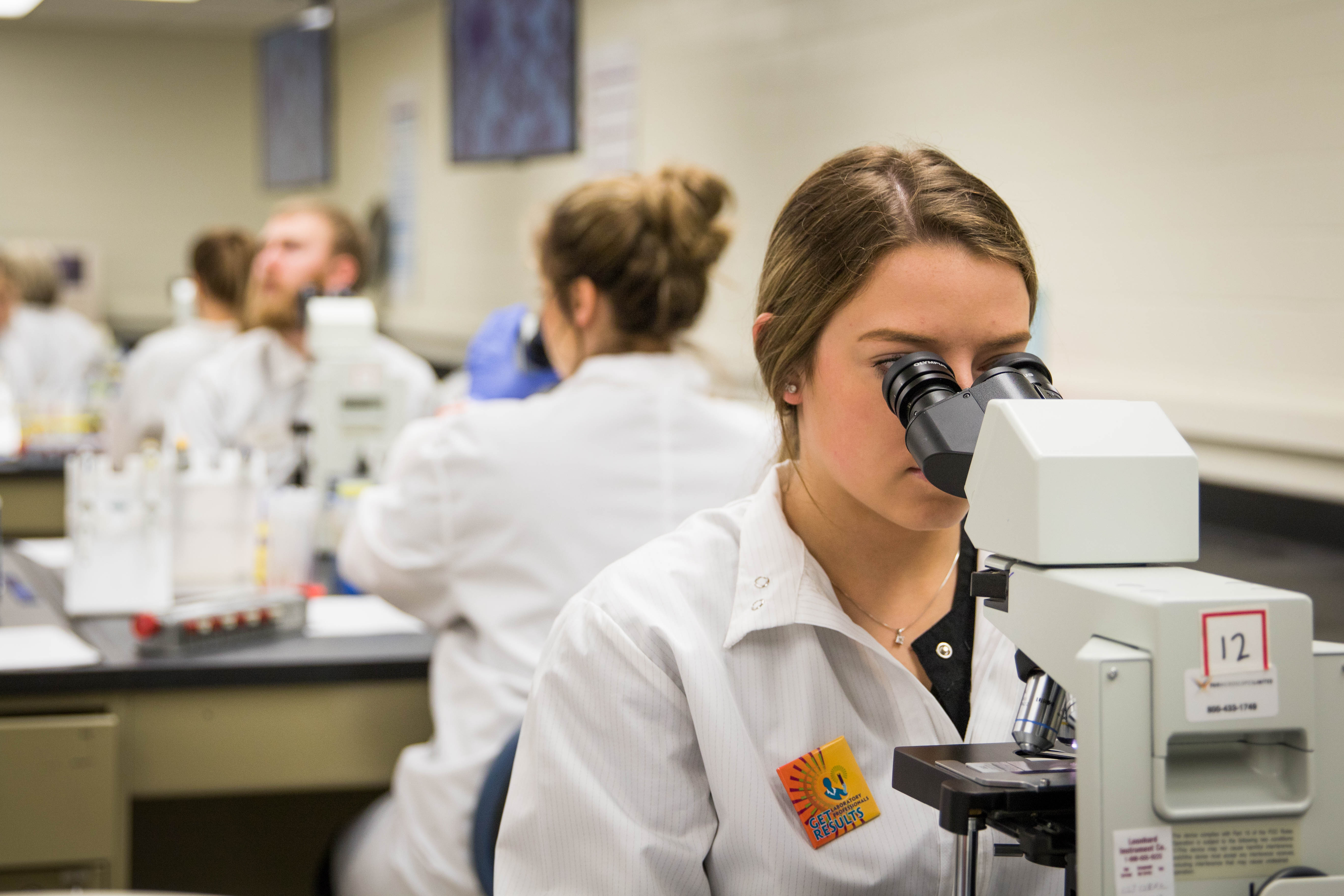


- #CLINICAL SCIENCE LABORATORY MANUAL#
- #CLINICAL SCIENCE LABORATORY PROFESSIONAL#
- #CLINICAL SCIENCE LABORATORY DOWNLOAD#
#CLINICAL SCIENCE LABORATORY PROFESSIONAL#
#CLINICAL SCIENCE LABORATORY MANUAL#
the skills necessary for problem solving, maintenance and troubleshooting while performing manual testing as well as using state of the art instrumentation.instruction in the clinical significance of laboratory procedures in the diagnosis and treatment of patients.the necessary training and education in the theories and practices of laboratory medicine.The goals of the CLS program at NYMC is to provide the students with: Upon completion of the program, the student will have completed graduate credits toward the Master of Clinical Laboratory Sciences degree at NYMC. The goal of the program is to prepare each student to qualify for the American Society of Clinical Pathologists (ASCP) exam for national certification and/or individual state CLS licensure exam and successfully secure an entry-level position in a Medical Institution. National Accrediting Agency for Clinical Laboratory Sciencesħ7 Graduation with a Master’s degree is not contingent upon taking or passing a state licensure or the national certification examination. Upon successful completion of our program, graduates will be eligible to take the American Society of Clinical Pathologists (ASCP) exam for national certification. “Medical laboratories preferentially seek graduates of NAACLS programs to assure quality, value, innovation and safety for healthcare consumers.” Retrieved from: NAACLS, Mission, Vision and Value Statements in August 2021. Graduates of NAACLS accredited programs are highly qualified and trusted to provide the highest levels of patient care and are sought after by employers nationwide. NAACLS accreditation assures current students, graduates, and future applicants that NYMC has developed a program which meets established national education standards in clinical laboratory science. NAACLS accreditation is a rigorous evaluation process of external peer review granting public recognition to education programs that meet established high standards in quality, value, innovation and safety, and is recognized by the Council for Higher Education Accreditation. The NYMC GSBMS Clinical Laboratory Sciences Master's Program is accredited by The National Accrediting Agency for Clinical Laboratory Sciences (NAACLS). The knowledge obtained by the successful completion of the Clinical Laboratory Sciences Program will qualify the student to take the New York State Exam for Clinical Laboratory Science licensure, upon graduation. Ours is a Master of Science program in clinical laboratory sciences. The New York State Education Department mandates that all Clinical Laboratory Scientists be licensed by the State to work in a hospital laboratory.

New York Medical College believes that the rich diversity of its student body and faculty are important to its mission of educating outstanding healthcare professionals for the multicultural world of today. The CLS program offers a learning environment in which the student acquires practical laboratory knowledge and critical thinking skills while having access to theoretical training by highly qualified instructors. The mission of the Clinical Laboratory Sciences (CLS) program at New York Medical College is to impart knowledge and technical skills in an atmosphere of excellence, scholarship and professionalism necessary to become a proficient clinical laboratory scientist. Students are instructed on state of the art instrumentation and digital technology. Training for CLS encompasses all areas of clinical laboratory testing: chemistry, toxicology, hematology, urinalysis, immunohematology, hemostasis, diagnostic immunology, clinical microbiology, histocompatibility, and molecular diagnostics. They continuously communicate with physicians to provide improved patient care and treatment outcomes. A clinical laboratory scientist is at the heart of clinical care, performing diagnostic tests which monitor treatments and uncover new disease states.
#CLINICAL SCIENCE LABORATORY DOWNLOAD#
Program Coordinator / NYMC Clinical Liaison:Īpplication Deadline Date - May 31st Download the CLS Student Handbook for more information.Ĭlinical laboratory scientists (CLS) are trained and qualified to work in medical or industrial/pharmaceutical laboratories.


 0 kommentar(er)
0 kommentar(er)
